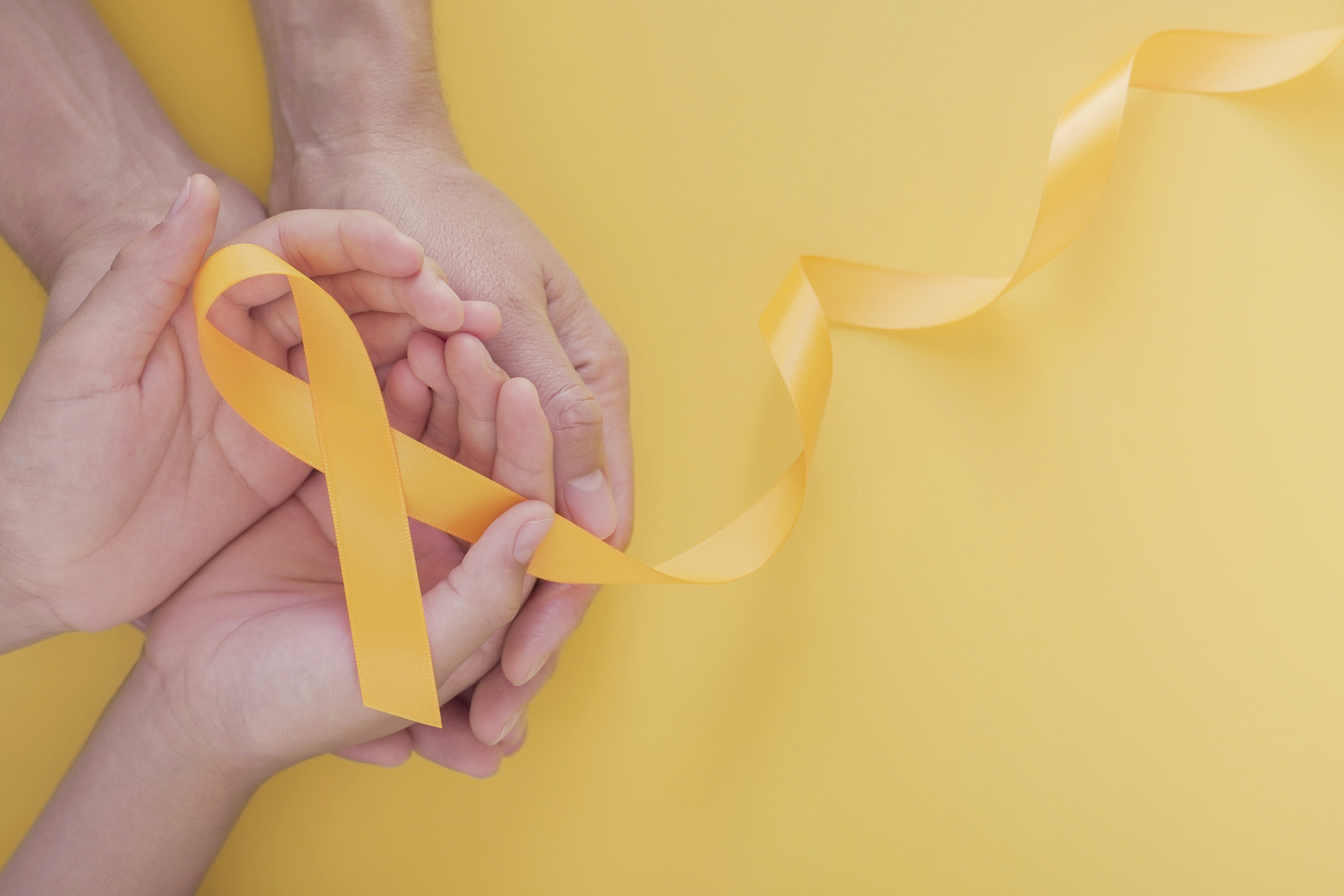
In this blog Lucy Scarborough, Cygnet’s Group Communications Manager, shares what it’s like to lose a loved one to suicide and the importance of shining a light on a subject that can cast such a dark shadow.
It’s almost 24 years since my brother, Ben, jumped from the Humber Bridge in the early hours of a cold November night. It’s a lifetime ago. Literally more than his whole lifetime. He was just 20 years old at the time, seemingly with everything to live for. At least that’s what we thought.
Our story isn’t dissimilar to that of many families who have suffered a loss through suicide, either recently or in the past. We were a very happy family of six who had the usual spats along the way but nothing out of the ordinary. We laughed, loved and had fun. So when Ben died it absolutely devastated us. None of us could believe what we were experiencing.
Suicide impacts individuals, families, friendship groups and communities with far-reaching consequences. The grief, guilt, blame, regret and questions that come into play when a life is ended through suicide are life-changing for those left behind. As a family we pulled together and it brought us closer but I know for many it divides and breaks bonds forever.
On the day we found out Ben had ended his life (a phrase my parents found easier to say than ‘committed suicide’), my boss at the time said he was sorry for my loss but what my brother had done was wrong.
He said it just like that. Condolence followed by judgement.
His words stung. They were unexpected, unkind and completely unnecessary. His need to share his opinion served no purpose in supporting my sorrow at that moment but it did show a deep lack of understanding about mental ill health.
His words have never left me. Sadly they still ring in my head when I think about the grief our family experienced. Thankfully we were overwhelmed by many more supportive, loving and caring people but it is the ignorance that my former boss showed which makes World Suicide Prevention Day so important.
I genuinely believe perceptions of suicide and mental illness have thankfully progressed in the years since my brother died. In society we talk more openly about the myriad of issues that may contribute to someone’s suicidal feelings. Be it depression, anxiety, physical ill health, relationship breakdown, job loss, PTSD, substance misuse, or any other life event that impacts our mental wellbeing, the bottom line is, no-one is immune.
We have seen recently the impact of mental health struggles affecting sports stars, Olympic athletes, actors, comedians – none of us is beyond the reach of these challenges and so neither should any of us be beyond help.
Whilst there’s little point in wishing or regretting, if I could go back and ask Ben more about how he was feeling, I’d do so in a heartbeat. Life obviously seemed insurmountable for him at that time and if we had only realised, we would have done so much more to protect him. We never got Ben back after he jumped that night, his body floated away to sea along with all his inner torment, something that will always break our hearts.
Start the conversation
That’s why I believe it’s so important that we encourage conversations about mental wellbeing and support people to get help if they are experiencing emotional crisis or thoughts of suicide.
Now more than ever, with the impact of the pandemic affecting people differently, it’s important we look around our friends, family and colleagues and check how they’re doing. Don’t just assume that things are fine. Ask them how they are.
At Cygnet Health Care we have a campaign to encourage colleagues to ask ‘How are you today?’ A simple question that may make the difference to someone opening up and sharing their feelings.
So please, take the time to ask, create the space to talk and extend your human kindness – not just today but every day. It might save someone’s life.
Sources of support
Samaritans – 116 123 (free 24-hour helpline)
Mind – 0300 123 3393
Anxiety UK – 03444 775 774
Our Frontline – www.mentalhealthatwork.org.uk/ourfrontline/
The National Suicide Prevention Alliance hosts a range of resources to help anyone working or interested in this field on their website: nspa.org.uk/resources
Understanding more about suicide prevention and bereavement support, who is affected, how people can be helped, what current government policy is, and the latest research are all crucial to the on-going work of preventing deaths by suicide.